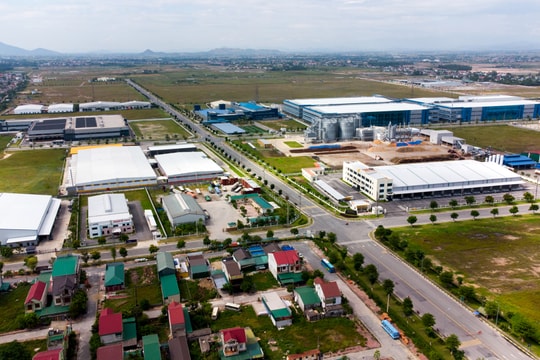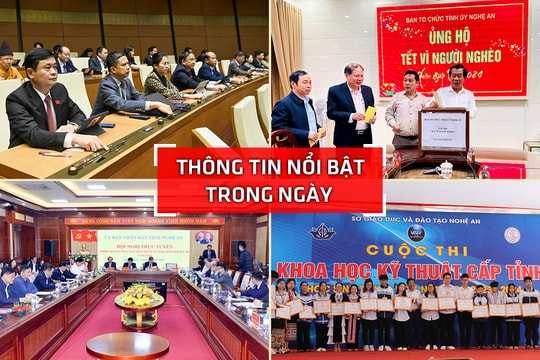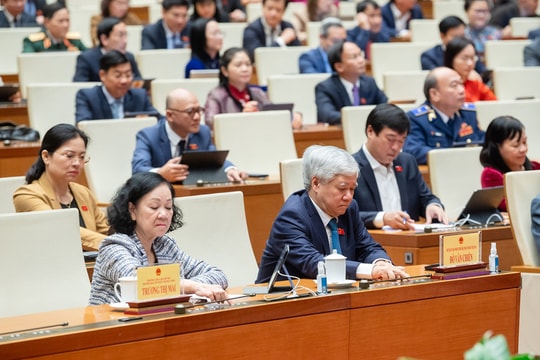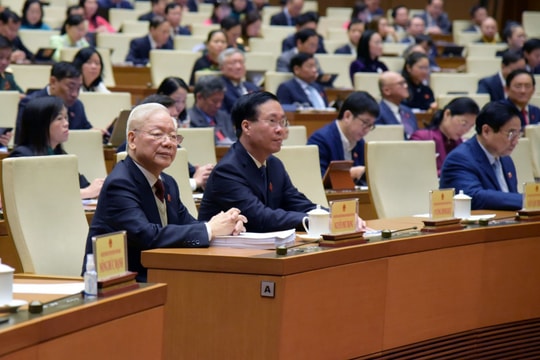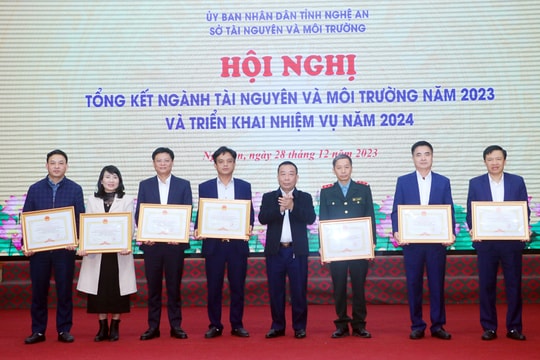Some comments on the Draft Amended Land Law
(Baonghean.vn) - After 10 years of implementing the 2013 Land Law, land management has achieved important results, but in practice there are still shortcomings that need to be amended to suit the new situation. Nghe An Newspaper introduces the comments of Dr. Nguyen Van Dai - Faculty of Law, Vinh University.
1. Existing problems and limitations of the 2013 Land Law on land recovery, land allocation and land lease
Up to now, the 2013 Land Law has been implemented for nearly 10 years, contributing significantly to the practice of improving the effectiveness of state management of land in Vietnam; consistently affirming the regime of public ownership of land, ensuring the legitimate rights and interests of the subjects, but there are still shortcomings and limitations in both regulations and implementation.
In the field of land acquisition, land allocation and land leasing, in my opinion, there are still some main limitations as follows:
The first:Regarding the form of land allocation and land lease stipulated in Article 118, the law defines two forms: auction and designation with certain conditions. However, in localities today, when applying the law, the designation form is often applied instead of ensuring the auction form due to incomplete and unclear regulations on land types and conditions for implementing this form. This has significantly affected the effectiveness of state management; the ability of subjects to participate widely, the market nature and the rights of land users may be affected.
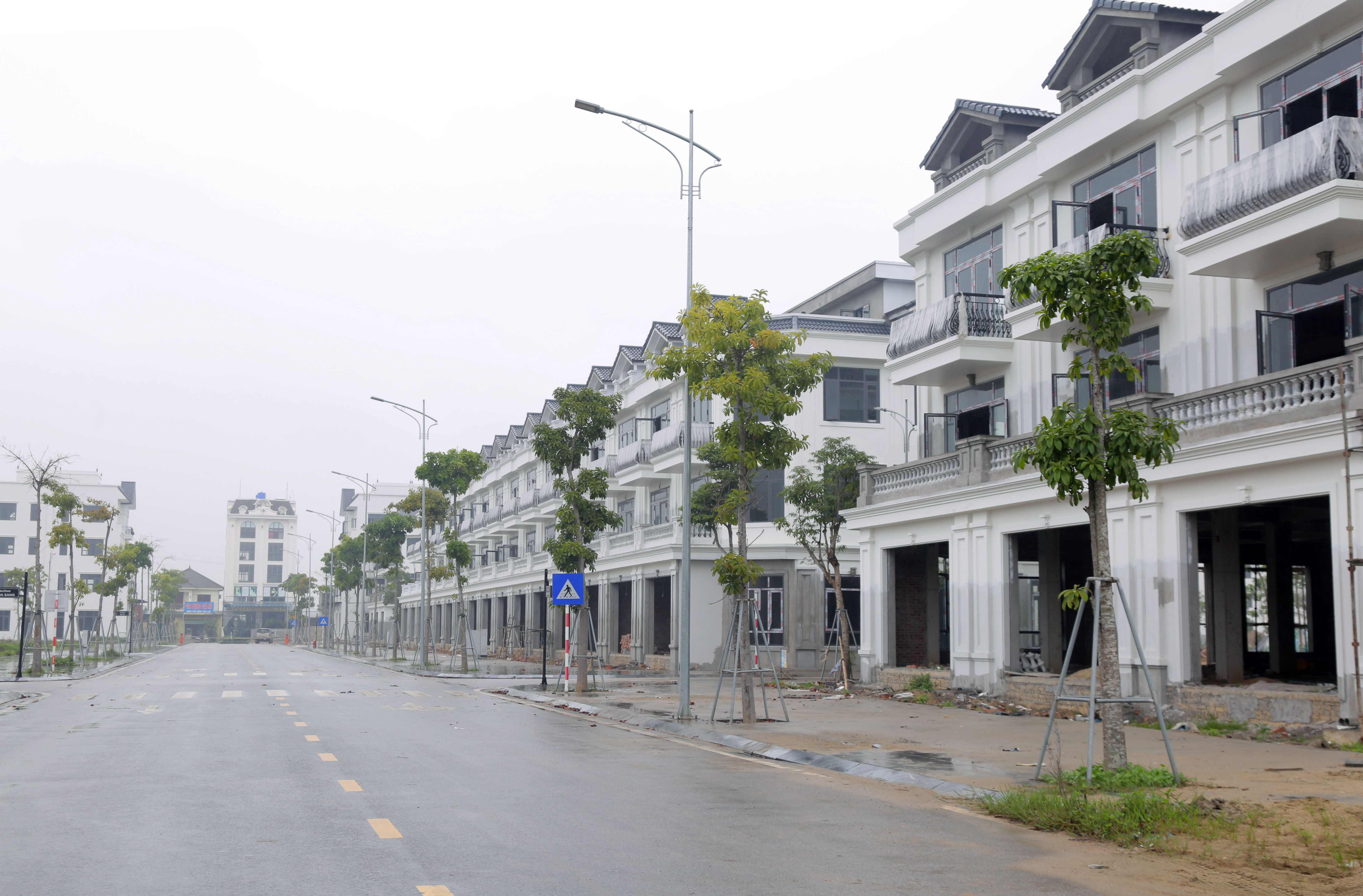 |
| The Land Law (amended) will help strengthen land management in terms of area, quality, economic value... harmonizing the rights and interests of the State, land users and investors. Photo: Thu Huyen |
Monday:Regarding the determination of land prices when the State reclaims land, allocates land and leases land (stipulated in Article 108 of the Land Law and Decree No. 45/2014/ND-CP dated May 15, 2014 regulating the collection of land use fees and Decree No. 46/2014/ND-CP dated May 15, 2014 regulating the collection of land and water surface rents), these regulations in practice often lead to the situation that the State's land prices are often incompatible with market prices, even much lower than market prices. Therefore, when reclaiming land, the site clearance work is prolonged and difficult because the people whose land is reclaimed do not accept the compensation price. In addition, many projects were allocated land but the determination of land prices was prolonged, causing slow mobilization of state budget revenue, delaying project implementation, causing waste of land resources, reducing investment efficiency and efficiency of production and business activities of enterprises.
How should it be amended to suit reality?
Currently, the draft revised Land Law is being widely consulted with society, in which the basic new points also focus on overcoming the above limitations and shortcomings in land recovery, land allocation and land lease in line with the spirit of Resolution No. 18/2022 of the Party Central Committee. It emphasizes the requirements for amendments and supplements:
The first:Land allocation and leasing are mainly carried out through auctions of land use rights and bidding for projects using land. There are strict regulations to limit and overcome the situation of different understanding and application of laws between localities and to avoid the situation of taking advantage of appointing investors to implement investment projects against regulations, causing loss of state budget and creating loopholes for corruption and waste. Only apply the form of not going through auctions of land use rights to investment projects that are exempted from land use fees and land rent during the project implementation period.
Monday:Based on the policy of abolishing the land price framework, in terms of determining land prices, in principle, land prices must be consistent with market prices, auction prices, and all factors affecting the land price of the project must be fully calculated. At the same time, there must be sanctions for organizations and individuals who violate land valuation.
2. The problem of agricultural land accumulation is an inevitable trend but requires a cautious approach.
In my opinion, strengthening the land accumulation process in our country today is the right policy, consistent with the reality of socio-economic and cultural development and trends in many countries.
Promoting the process of accumulation and concentration of agricultural land towards high-tech agriculture and large-scale production will have a great impact on the business community investing in the agricultural sector.
The current status of agricultural land use in our country shows that 90% of agricultural land is managed and used by individual households with small-scale, low-efficiency, dispersed production methods still common. Meanwhile, economic organizations only manage and use 10% of agricultural land, with small production scale. Along with that, the shift of rural labor to the service industry is not sustainable, farmers still have the mentality of keeping their land to prepare for difficult times.
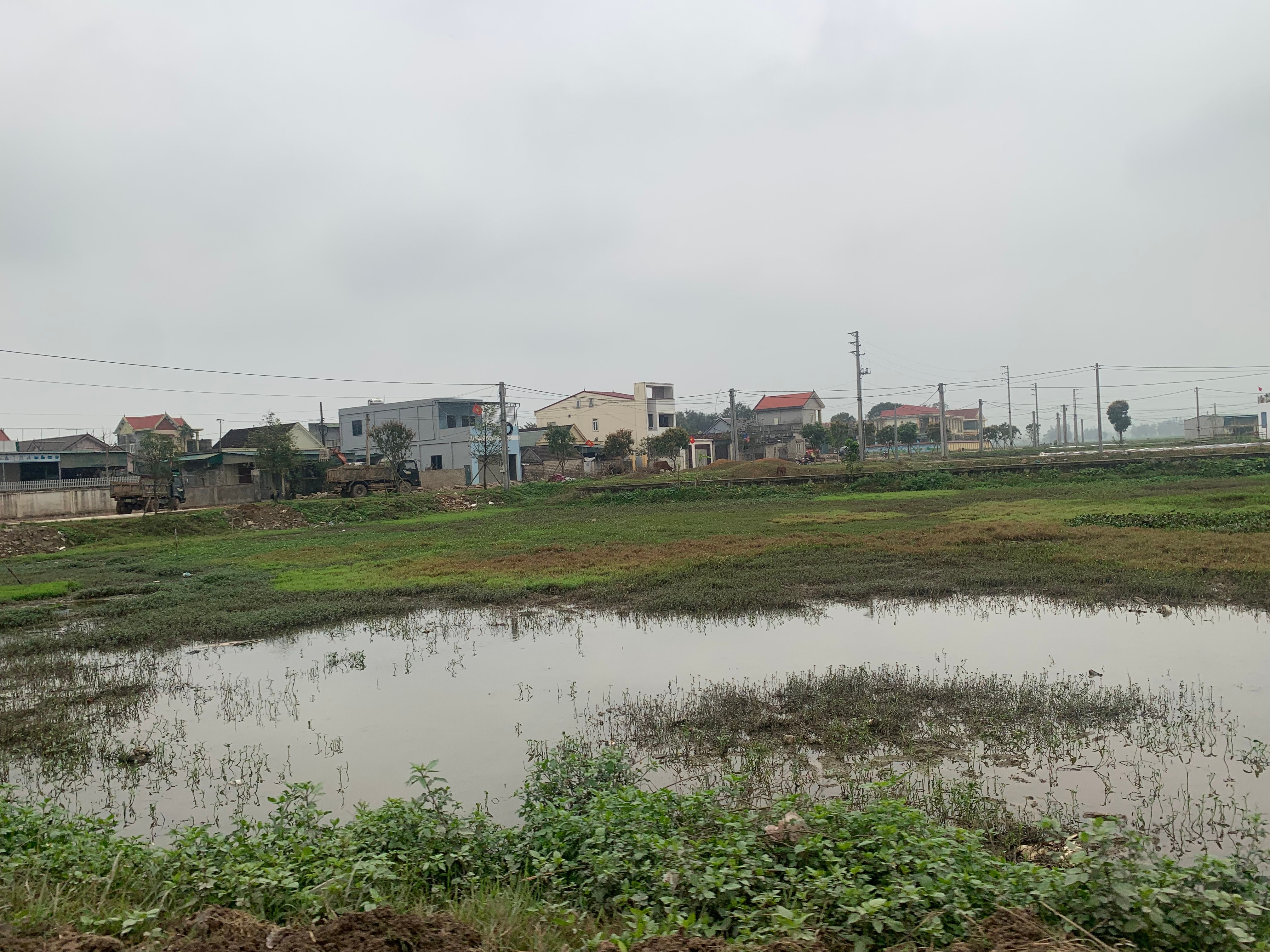 |
| Agricultural land managed and used by individual households with small-scale, low-efficiency, dispersed production methods is still common. Photo: Thu Huyen |
Therefore, this revised Land Law needs to have appropriate regulations on the issue of agricultural land accumulation, such as:
The law needs to have provisions to create opportunities for agricultural production households and domestic and foreign investors to access land more conveniently, while encouraging and attracting domestic and foreign investment in agricultural commodity production sectors where our country has competitive advantages, promoting land concentration and accumulation towards large-scale, concentrated and effective agricultural commodity production.
Regarding the expansion of the limit for receiving the transfer of agricultural land use rights of individual households, the 2013 Land Law stipulates that the limit for receiving the transfer of agricultural land use rights of individual households is no more than 10 times; the Draft Land Law (amended) stipulates no more than 15 times as the current draft is appropriate.
There should be strict regulations on the principles and methods of agricultural land accumulation. Ensuring effective implementation of the policy but also anticipating the possibility of taking advantage of the policy for profiteering contrary to the common goal, affecting the regime of public ownership of land. In addition, the law also needs to further institutionalize the issue of decentralization, delegation of authority, defining responsibilities, and strengthening control from above in the management of state authorities at all levels on this content.

